Are you tired of dealing with pesky butt acne? Dr. Urmila Nischal, a Consultant Clinical and Aesthetic Dermatologist, reveals the causes and treatments for this common skin condition in her informative YouTube video. From discussing the difference between acne and folliculitis to recommending skincare products and lifestyle changes, Dr. Nischal provides valuable insights on how to say goodbye to butt acne for good. Let’s dive into the world of dermatology and uncover the secrets to smooth and clear skin on your buttocks!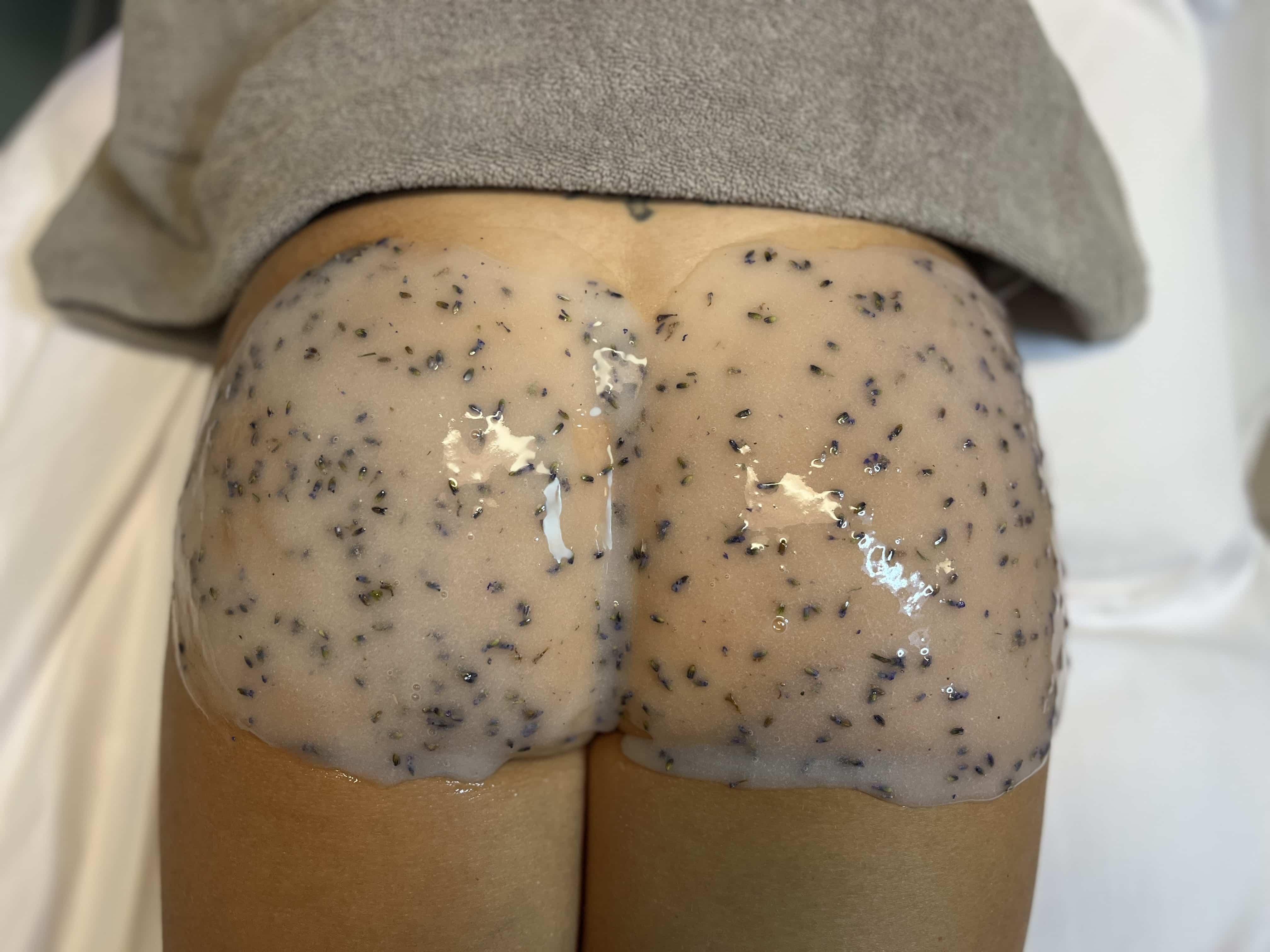
Causes of Butt Acne Uncovered by Dr. Urmila Nischal
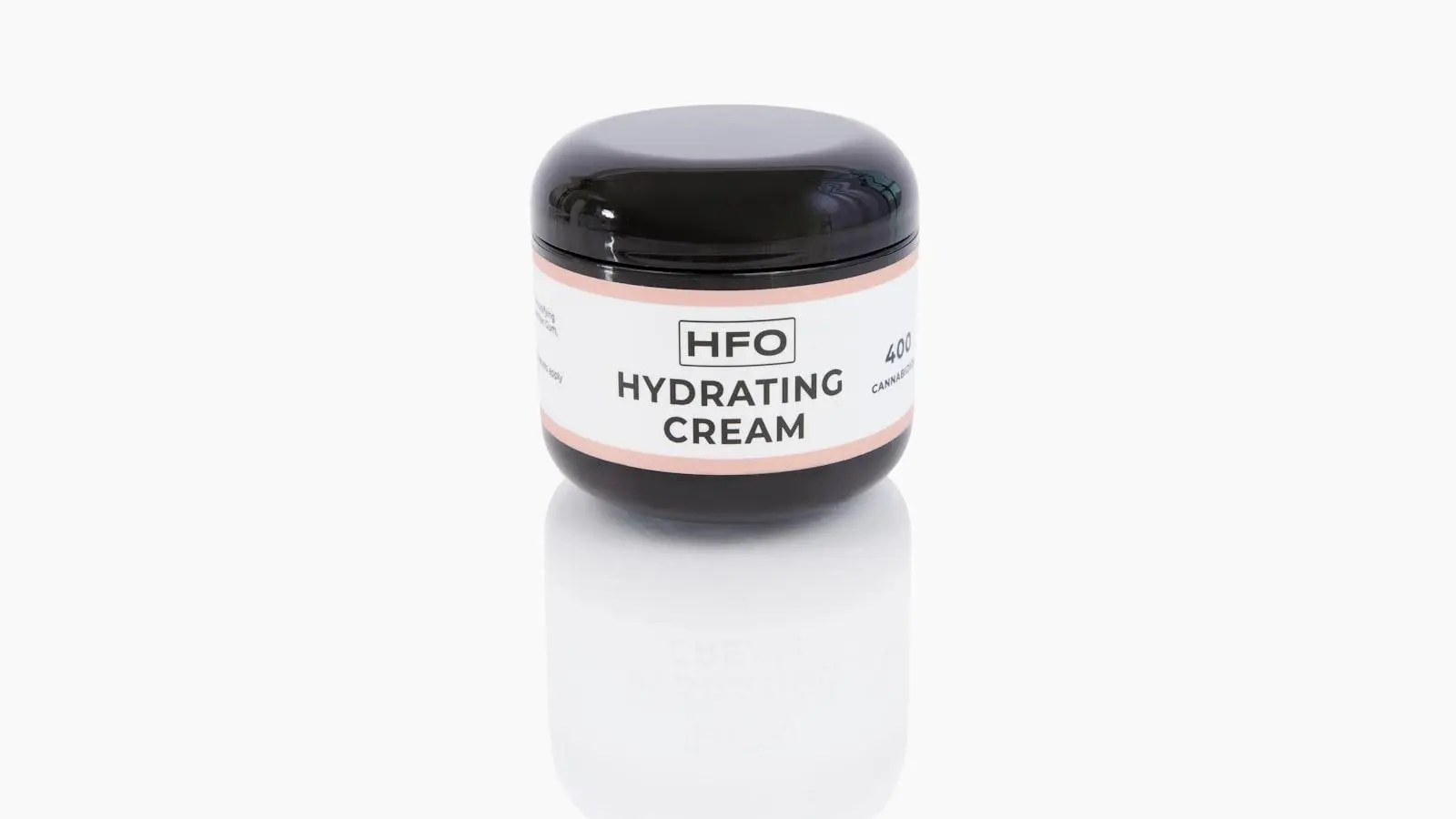
Dr. Urmila Nischal, a Consultant Clinical and Aesthetic Dermatologist, has uncovered the causes of butt acne and shared effective treatments to bid farewell to this pesky issue once and for all. Butt acne, which is actually folliculitis infection of the hair follicles on the buttocks, can be triggered by various factors. Here are some key causes identified by Dr. Nischal:
- Friction caused by tight clothing
- Occlusion by sweat
- Synthetic undergarments or clothes that trap moisture against the skin
- Infection with bacteria
- Persistent use of antibacterial soaps
- Conditions like diabetes that deplete normal cutaneous bacteria
To prevent butt acne or treat existing symptoms, Dr. Nischal recommends practical steps and specific ingredients. It is advised to wear loose-fitting cotton clothes and avoid sitting in one place for extended periods. Applying benzoyl peroxide, known for its antibacterial and anti-inflammatory properties, can help alleviate butt acne. This can be in the form of a gel for overnight application or through benzoyl peroxide-based washes during bathing.
In addition to benzoyl peroxide, using salicylic acid or adapalene can aid in treating butt acne. Salicylic acid helps in unclogging pores and reducing inflammation, while adapalene improves cell turnover to prevent further acne formation. Making sure to moisturize the affected area with a non-occlusive moisturizer is also crucial in maintaining the skin barrier and preventing irritation. Follow these recommendations from Dr. Nischal to effectively address and manage butt acne for clear and healthy skin.
Treatment Recommendations for Butt Acne

Butt acne, or folliculitis infection of the hair follicles on the buttocks, can be a pesky and uncomfortable issue. Thankfully, there are effective treatment recommendations to help you bid farewell to butt acne once and for all. Dr. Urmila Nischal, a Consultant Clinical and Aesthetic Dermatologist, sheds light on the causes and treatments for this common skin condition.
Causes of butt acne include friction from tight clothing, occlusion by sweat, synthetic undergarments that trap moisture, bacterial infections, and the overuse of antibacterial soaps. Additionally, conditions like diabetes can deplete the normal cutaneous bacteria, leading to a higher risk of infection. To prevent butt acne, opt for loose-fitting cotton clothing and avoid sitting in one place for extended periods. Placing a cotton towel or bed sheet on the affected area can help reduce sweating.
When it comes to treating butt acne, benzoyl peroxide is a beneficial ingredient to combat bacterial infections and inflammation without causing resistance. This can be used in gel form as an overnight application or in cleansing lotions during bathing. Following up with a non-occlusive moisturizer is crucial to maintain the skin barrier and reduce irritation. Salicylic acid and adapalene are also effective options to prevent clogged pores and improve cell turnover on the buttocks, ultimately reducing the chances of butt acne formation. With these treatment recommendations, you can effectively address and manage butt acne for clearer, healthier skin.
Tips to Prevent Butt Acne
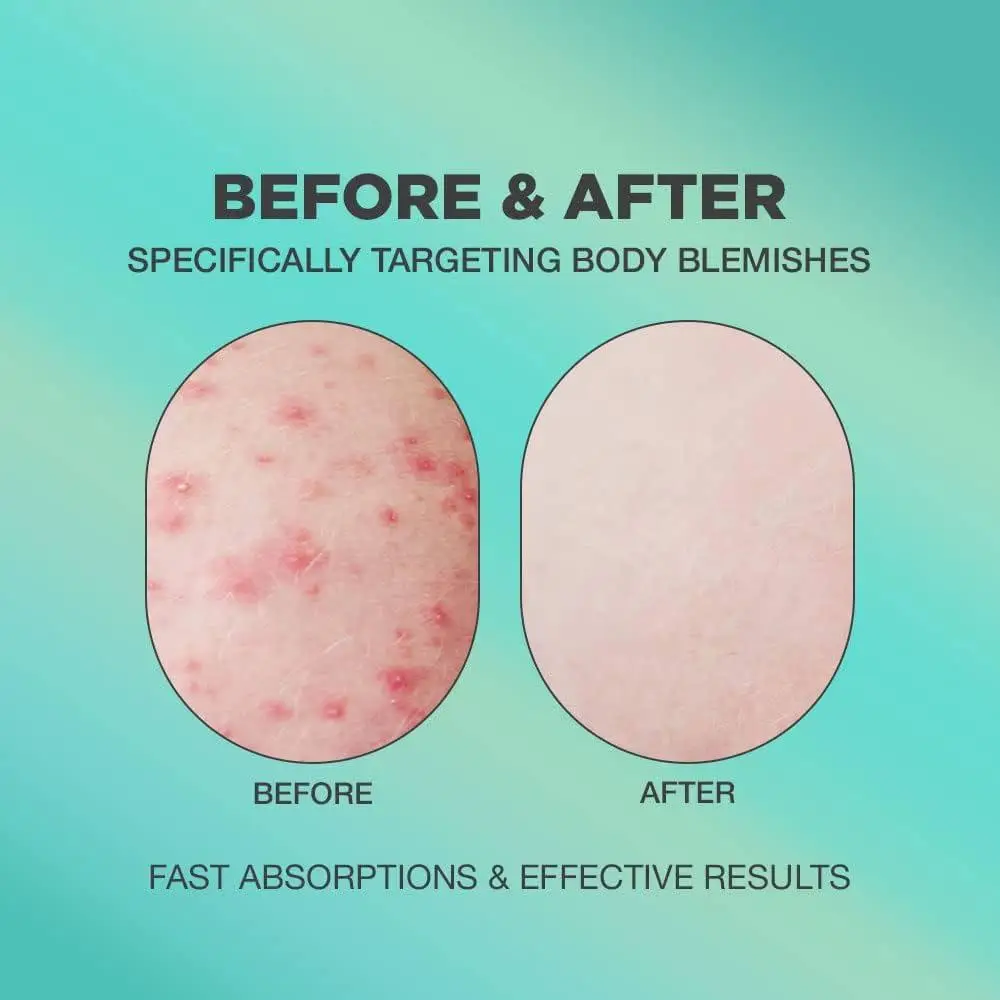
Butt acne, or folliculitis infection of hair follicles on the buttocks, can be a pesky and uncomfortable issue to deal with. The main causes of butt acne include friction from tight clothing, occlusion by sweat, and infection with bacteria. To prevent and treat butt acne effectively, consider the following tips:
- Wear loose-fitting, cotton clothing to reduce friction and allow for better airflow.
- Avoid sitting in one place for extended periods of time, and consider placing a cotton towel or bed sheet underneath you to reduce sweating.
- Use products containing benzoyl peroxide, which has antibacterial and anti-inflammatory properties to help combat butt acne. Opt for overnight gel applications or benzoyl peroxide-based washes or lotions.
- Apply a non-occlusive moisturizer to the affected area to help repair the skin barrier and reduce the risk of infection and irritation.
Salicylic acid and adapalene are also effective ingredients for treating butt acne. Salicylic acid helps to unclog pores and prevent folliculitis, while adapalene improves cell turnover to reduce the formation of acne. Consider incorporating these ingredients into your skincare routine for healthier skin on your buttocks. Say goodbye to butt acne with these expert-recommended tips from Dr. Urmila Nischal!
Importance of Clothing Choices in Butt Acne Prevention
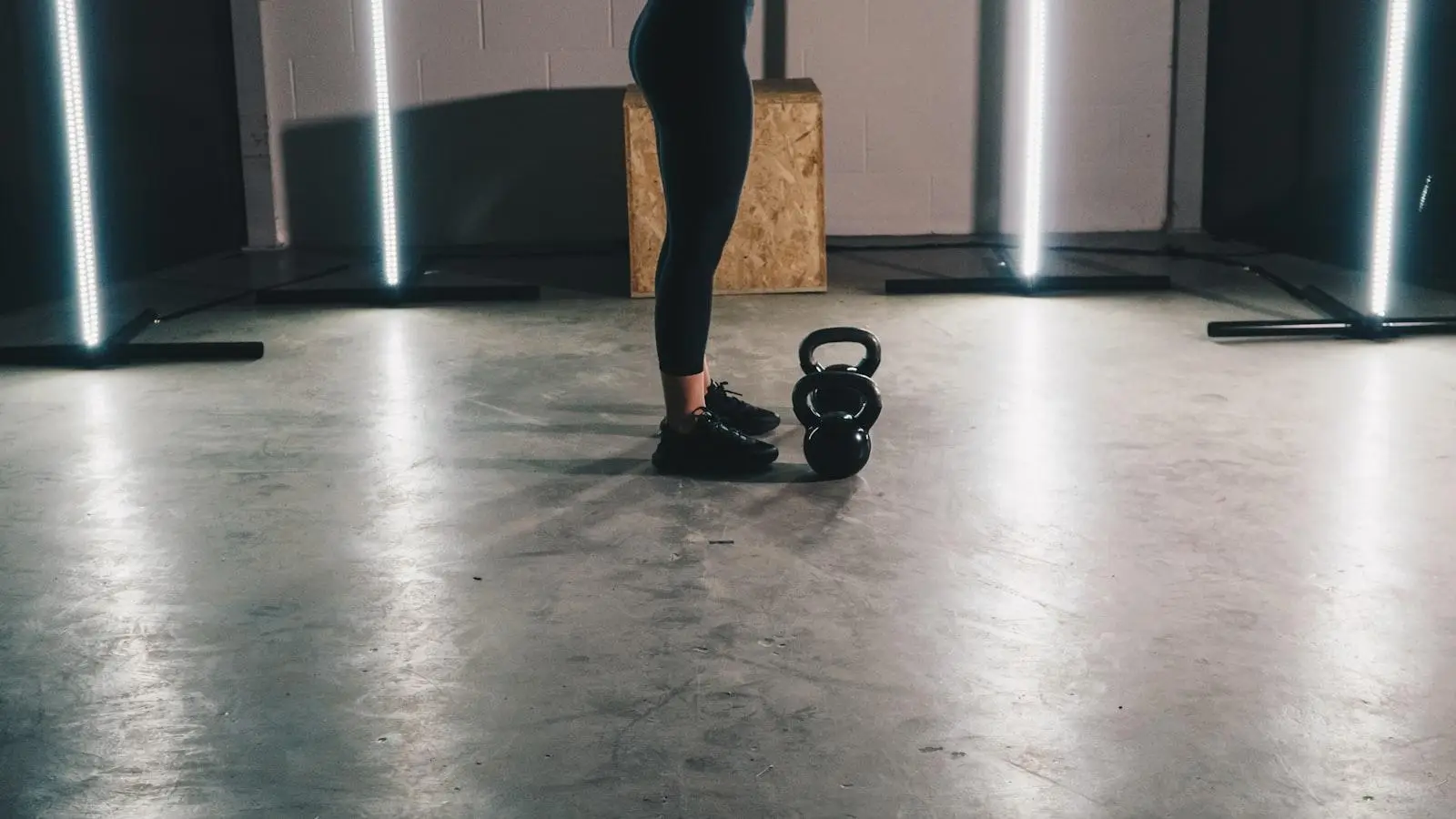
Butt acne, also known as folliculitis, is a common skin condition that affects the hair follicles on the buttocks. Tight clothing, synthetic fabrics, and prolonged sitting can all contribute to the development of butt acne. Friction and sweat can lead to bacterial infections, causing red bumps followed by pus formation on the skin.
To prevent butt acne, it is crucial to make wise clothing choices. Opt for loose-fitting cotton garments that allow the skin to breathe and reduce friction. Additionally, avoid sitting in one place for extended periods and use a cotton towel or bed sheet to absorb excess sweat and moisture in the affected area.
When it comes to treating butt acne, dermatologist Dr. Urmila Nischal recommends using benzoyl peroxide and salicylic acid. Benzoyl peroxide has antibacterial and anti-inflammatory properties that can help combat bacterial infections without causing resistance. Salicylic acid helps to unclog pores and prevent the formation of folliculitis. Topical treatments like adapalene can also be beneficial in improving cell turnover and preventing further outbreaks.
In conclusion, making mindful clothing choices and using appropriate skincare products can play a significant role in preventing and treating butt acne. By following these tips and incorporating recommended ingredients into your daily routine, you can say goodbye to butt acne and hello to clear, healthy skin.
Benefits of Benzyl Peroxide in Treating Butt Acne
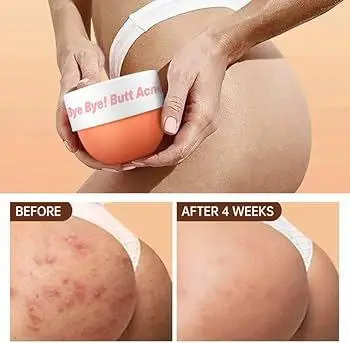
Benzyl Peroxide has proven to be an effective ingredient in treating butt acne due to its antibacterial and anti-inflammatory properties. This powerful ingredient targets the underlying causes of butt acne, such as bacterial infections and inflammation, without causing bacterial resistance.
One of the advantages of using Benzyl Peroxide is that it can be applied in various forms, such as gel, washes, or cleansing lotions. This versatility allows individuals to choose the best application method based on their skin type and preferences. For overnight treatment, Benzyl Peroxide gel can be applied directly to the affected area, while Benzyl Peroxide-based washes or lotions can be used during bath time for a quick and effective treatment.
In addition to Benzyl Peroxide, incorporating a nonocclusive moisturizer into your skincare routine is crucial for maintaining the skin barrier’s health and preventing further irritation or infection. Applying a moisturizer to the buttocks area can help restore the skin’s natural balance and reduce the risk of butt acne recurrence. For extra benefits, consider using skincare products with salicylic acid or adapalene, which can help unclog pores and promote skin cell turnover to prevent future acne breakouts.
Overall, including Benzyl Peroxide in your butt acne treatment regimen, along with proper skincare practices and targeted ingredients, can help alleviate symptoms, reduce inflammation, and protect your skin from future flare-ups. Say goodbye to butt acne by incorporating these effective treatments into your daily routine and embracing healthier skin on your buttocks.
Utilizing Moisturizers in the Treatment of Butt Acne
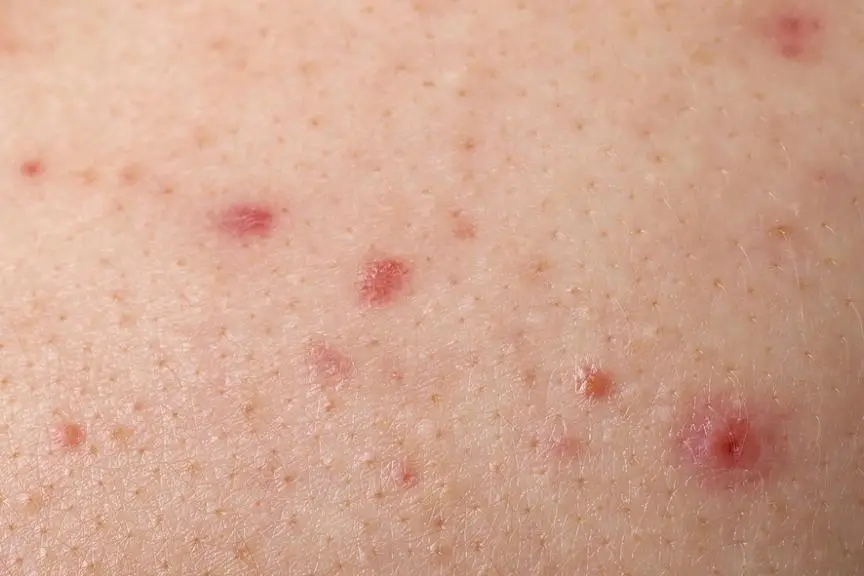
is a crucial step in achieving clear and healthy skin on your buttocks. Dr. Urmila Nischal, a renowned Consultant Clinical and Aesthetic Dermatologist, delves into the causes and effective treatments for butt acne. It is essential to understand that butt acne is actually folliculitis, an infection of the hair follicles on the buttocks that leads to red bumps and pus formation.
There are several factors that contribute to the development of butt acne, including friction from tight clothing, sweat occlusion, synthetic undergarments that trap moisture, bacterial infections, and the use of antibacterial soaps. To combat butt acne, it is recommended to wear loose-fitting cotton clothes, avoid sitting in one position for extended periods, and reduce sweating by placing a cotton towel or sheet on affected areas.
Two key ingredients that are beneficial in treating butt acne are benzoyl peroxide and salicylic acid. Benzoyl peroxide is known for its antibacterial and anti-inflammatory properties, which can help reduce bacterial resistance. It can be applied as a gel overnight or used as a cleansing lotion during bath time. Following up with a non-occlusive moisturizer is essential to maintain the skin barrier and prevent irritation. Salicylic acid and adapalene can also be used to unclog pores and prevent further formation of butt acne. By incorporating these ingredients into your skincare routine with the use of moisturizers, you can effectively combat butt acne and achieve clear, smooth skin on your buttocks.
Salicylic Acid and Adapalene: Effective Solutions for Butt Acne

Butt acne, or folliculitis infection of the hair follicles on the buttocks, can be a pesky and uncomfortable issue to deal with. Dr. Urmila Nischal explains that causes of butt acne can include friction from tight clothing, sweat occlusion, and bacterial infections. The absence of normal cutaneous bacteria can also contribute to the growth of pathogenic bacteria, leading to infection of the hair follicles and the development of butt acne.
To treat and prevent butt acne, it is recommended to wear loose-fitting cotton clothes and avoid sitting in one place for extended periods of time. Additionally, two key ingredients that can help in treating butt acne are benzoyl peroxide and salicylic acid. Benzoyl peroxide has antibacterial and anti-inflammatory properties, making it effective in treating the infection without causing bacterial resistance. Salicylic acid, on the other hand, is known for its anti-inflammatory properties and ability to unclog pores, preventing the formation of folliculitis.
For those looking to treat butt acne effectively, incorporating products containing benzoyl peroxide, salicylic acid, or adapalene into their skincare routine can be beneficial. These ingredients work to combat infection, reduce inflammation, and prevent further breakouts on the buttocks. Taking these simple steps can help bid farewell to butt acne and restore smooth, clear skin.
Q&A
Q: Who is Dr. Urmila Nischal and what is her specialty?
A: Dr. Urmila Nischal is a Consultant Clinical and Aesthetic Dermatologist at Nirmal Skin and Hair Clinic in Bangalore.
Q: What is butt acne and what are the common symptoms?
A: Butt acne is actually folliculitis, an infection of the hair follicles on the buttocks. Common symptoms include red bumps on the skin followed by pus formation.
Q: What are the main causes of butt acne?
A: The main causes of butt acne are friction from tight clothing, occlusion from sweat and synthetic fabrics, bacterial infections, and the use of antibacterial soaps. Conditions like diabetes can also deplete normal cutaneous bacteria, leading to infection.
Q: How can butt acne be prevented or treated?
A: To prevent butt acne, wear loose-fitting cotton clothes, avoid sitting for long periods, and use benzyl peroxide products with antibacterial and anti-inflammatory properties. Salicylic acid and adapalene can also be used to treat butt acne by unclogging pores and improving cell turnover.
Q: Why is it important to use a non-occlusive moisturizer on the affected area?
A: Using a non-occlusive moisturizer is important to protect the skin barrier, reduce the risk of infection and irritation, and promote healing of butt acne.
The Conclusion
In conclusion, understanding the causes and treatments for butt acne, or folliculitis infection of the hair follicles on the buttocks, is essential for effective management. By following simple tips like wearing loose-fitting cotton clothes, avoiding prolonged sitting, and using the right skincare products, you can help prevent and treat butt acne. Ingredients such as benzyl peroxide, salicylic acid, and adapalene can be effective in reducing inflammation and unclogging pores. Remember, maintaining a healthy skincare routine and keeping the affected area moisturized can go a long way in saying “buh-bye” to butt acne for good. Take care of your skin, and have a happy, healthy derriere!



